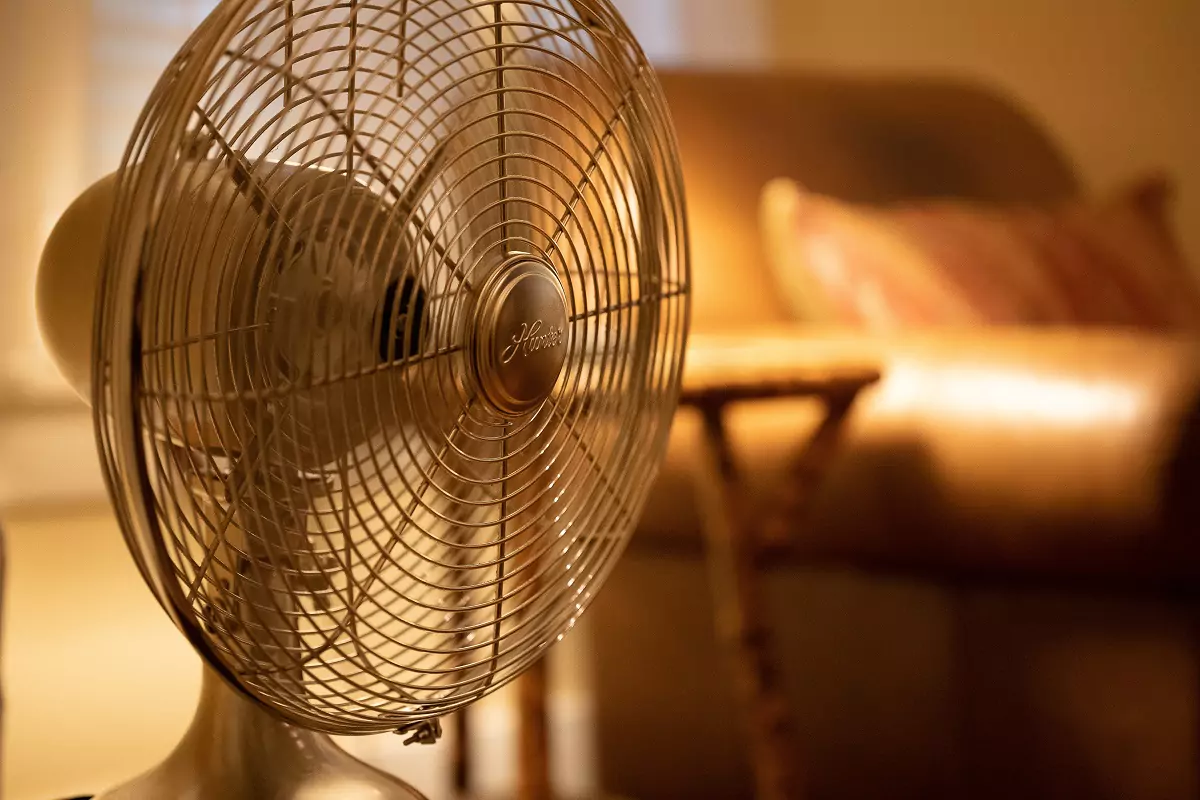More than 1,500 heat records were broken in French towns and cities last year, with 10 months out of 12 proving warmer than previous averages. It’s a pattern that looks set to continue.
Heat waves are becoming a normal part of the summer landscape. Back in 1989, France would record a heat wave every five years or so, but since 2000, they have become a yearly occurrence. In 2022, the French mainland registered its earliest heat wave on record, when the mercury spiked right across the country in June.
In order to protect and prepare the population, the French government has decided to enact a national action plan on heat waves, which was launched on 8th June by Minister for Ecological Transition Christophe Béchu.
LIMITING IMPACT
A heat wave is defined as a period of excessively hot weather; a phenomenon that France anticipates will double in number in the next 30 years.
As these episodes of high heat are dangerous to people and the environment, the French government has implemented a new plan to anticipate heat waves and to supplement the health system at times of need.
Météo France will play a part in organising the warning system, and the government will focus its efforts on four main points: how to limit the effects of a heat wave on the daily life of citizens, how to ensure the continuation of essential public services, how to ensure economic continuity, and how to protect the natural environment and resources.
The wider action plans includes 27 points, from behaviours to implement in the home to reduce the threats related to heat waves to dynamic communication strategies for tourists and French residents.
Groups such as the elderly, the vulnerable and children have received specific attention. For example, guardians of vulnerable people are being reminding to register the person with the municipality to ensure their care if the guardian is unable to reach them. Under the plan, schools and crèches will be equipped with sufficient air-cooling equipment, such as fans.
Businesses also have their own set of criteria, and may be subject to workplace inspections in order to ensure workers are subject to fair and healthy conditions.
The complete list of all points can be found here.
PREVENTION
The government also stressed the need to be sensible during hot days, encouraging the public to take all the usual precautions such as staying hydrated, keeping out of the sun in the hottest parts of the day and wearing loose fitting, light-coloured clothing seriously.
Sign up for the Monaco Life newsletter. For the latest news, follow us on Facebook, Twitter, and Instagram.
Photo source: Candy Guru on Pixabay
